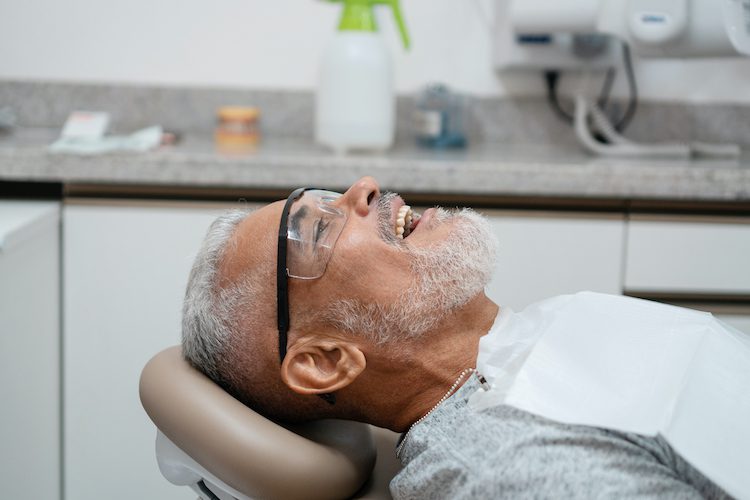Many individuals experience fear and anxiety when faced with dental procedures. This fear often prevents them from seeking necessary treatments, leading to worsened oral health conditions. Sedation dentistry offers a promising solution by helping patients relax during dental procedures. However, sedation does have potential drawbacks and may not be suitable for all patients.
Types of Sedation Used in Dentistry
Dentists employ various types of sedation to meet the diverse needs of their patients. Oral sedation typically involves taking a prescribed pill, such as diazepam, an hour before the procedure. This medication induces drowsiness while keeping patients conscious. Nitrous oxide, commonly known as laughing gas, is inhaled through a mask and provides minimal sedation. Its effects wear off quickly, often allowing patients to return to normal activities afterward. Intravenous (IV) sedation offers moderate to deep sedation, administered directly into the bloodstream. It acts rapidly, and dentists can adjust the sedation level as needed.
Safety Measures in Sedation Dentistry
Safety is a paramount concern in sedation dentistry. Dentists undergo rigorous training to administer sedation safely and effectively. They learn to monitor patients’ vital signs, including heart rate, blood pressure, and oxygen levels, throughout the procedure. This constant monitoring ensures any adverse reactions are promptly addressed.
Dentists also complete a thorough assessment of a patient’s medical history before administering sedation. They consider factors such as allergies, current medications, and existing health conditions. This comprehensive evaluation helps determine the most suitable sedation level for each patient, minimizing potential risks.
Potential Risks and Side Effects
Like any medical procedure, sedation dentistry carries potential risks and side effects. Common side effects include drowsiness, dry mouth, and nausea. Most side effects are mild and subside shortly after the procedure. However, serious complications, such as allergic reactions or respiratory issues, are rare. Patients with certain medical conditions may face higher risks. Dentists discuss potential risks with patients before procedures to ensure informed decision-making. Understanding these risks allows patients to weigh the benefits against potential drawbacks.
Who Should Avoid Sedation Dentistry?
Not everyone is a suitable candidate for sedation dentistry. Patients with specific health conditions should avoid sedation or consult their healthcare provider before proceeding. Conditions such as sleep apnea, obesity, and certain heart conditions may increase the risks associated with sedation. Pregnant women are also advised to avoid sedation due to potential risks to the fetus. Dentists evaluate patients on a case-by-case basis, considering their medical history and current health status. This thorough evaluation better ensures that sedation is safe and appropriate for each individual, minimizing potential complications.
The Benefits of Sedation Dentistry
Sedation dentistry offers numerous benefits, particularly for patients with dental anxiety. It could significantly reduce anxiety and fear, allowing patients to remain calm and relaxed during procedures. This relaxation often leads to more successful outcomes, as patients are less likely to experience stress-related complications. Sedation could also reduce the number of appointments needed, as dentists can perform multiple procedures in one visit. This efficiency often saves time and reduces stress for patients. Additionally, sedation dentistry can make lengthy or complex procedures more tolerable, improving overall patient satisfaction.
Choosing the Right Dentist for Sedation Dentistry
Choosing the right dentist for sedation dentistry is crucial to ensure a safe and positive experience. Patients should seek dentists with extensive experience and training in sedation techniques. Verifying the dentist’s credentials and certifications can provide peace of mind. Patients should feel comfortable discussing their concerns and questions with their dentist. Open communication fosters trust and ensures that patients feel informed and confident about their treatment plan. This collaborative approach enhances the overall experience and helps alleviate anxiety.
Sedation Dentistry in Columbia, MD
When considering your next dental visit, think of Columbia Family Dentist. Dr. Sahil Goyal offers sedation dentistry with a focus on patient safety and comfort. Contact our office today to schedule a consultation and learn more about your treatment options.

